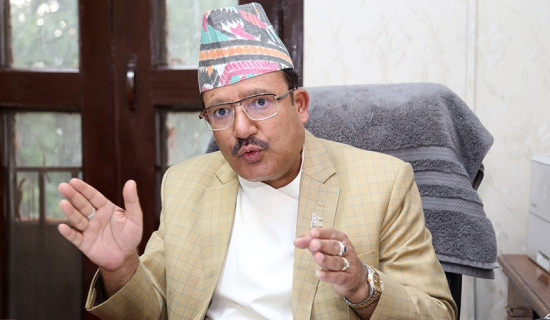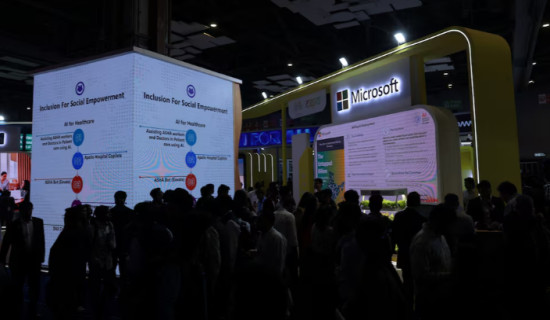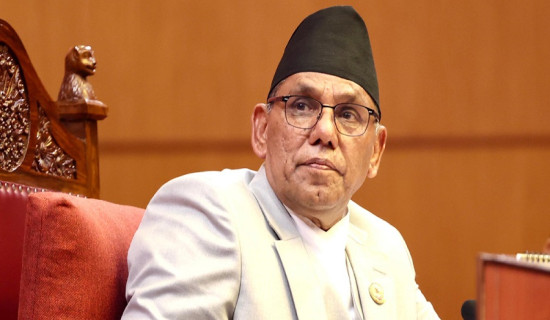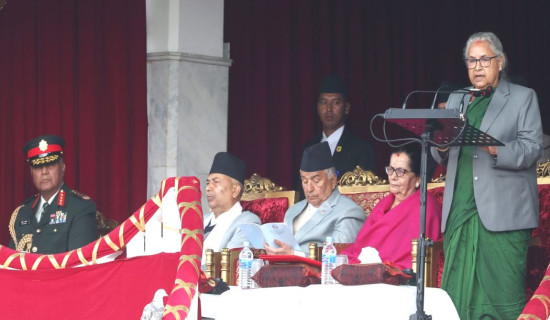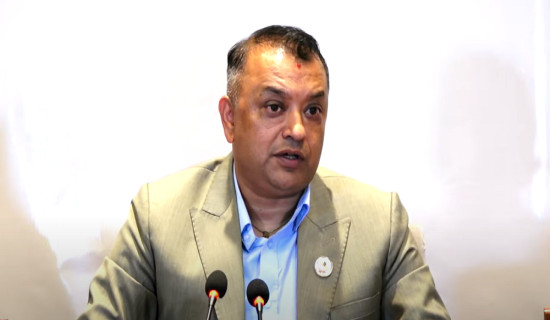- Thursday, 19 February 2026
Monitor Poll Expenses
Nepal has entered the new election cycle. The country is holding the three-tier polls in 2022. The nomination of candidates for 753 local levels commenced Sunday. Periodic election is a grand democratic exercise in which the people send fresh representatives to the public offices. The election injects new vigour and vitality to the political system. The legitimacy of both government leadership and the system are renewed through fair, free and peaceful polls. The election nurtures the popular sovereignty to which all parties and leaders must abide by in order to ensure democratic order, development and happiness of the citizens. As the political parties moblise their cadres for the door-to-door campaign, the people from different walks of life also participate in the poll activities.
Basically, the election is big political event but it also widely influences the social, economic and cultural spheres. A news report published in this daily, the other day, highlights how the polls increase expenditure, with both positive and negative impacts on the health of nation’s economy. The Election Commission (EC), the government agencies, political parties and candidates are expected to spend a total of Rs. 100 billion during the local polls slated for May 13. Experts state that the country will see a surge in the economic growth, employment and local production when the extra money is injected into the market. This results in the increased demand and supply of goods and services, thereby contributing to the domestic production. Similarly, some candidates may spend their uncirculated money through the banking channels, which will help ease the liquidity crisis to some extent.
It is estimated that poll expenditure will contribute at least 0.5 per cent to 1 per cent to the Gross Domestic Product (GDP). However, all is not well with the tendency of poll expenses. A considerable chunk of money will be spent on buying the non-durable consumer items, which will trigger inflation and hamper capital formation. The election spending also fuels the import of petroleum products, vehicles, alcoholic beverages, food, papers and other materials that puts pressure on foreign reserves. During the polls, business people donate hefty amount to the political parties and their candidates. In order to recoup the donated money, they increase the prices of goods, with the consumers bearing the brunt. In the past, we had seen a spike in the prices of essential items such as cooking oil, noodles and biscuits during the election period.
The poll expenses do not boost the capital spending either because the election budget is managed by extracting the funds allocated for the infrastructure development. As the political leadership and bureaucracy are preoccupied in polls, the construction of major projects is postponed during the period. Experiences have shown that the parties and their candidates are unlikely to spend money within the ceiling fixed by the EC. The unhealthy expenditure breeds corruption in the long run. Those who get elected by blowing the seen and unseen money will be inclined to make extra gain after holding their offices. Those with vested interests also donate candidates with the hope of winning the contract of lucrative projects in the future. Therefore, the EC should strictly apply the poll code of conduct to discourage the parties and candidates from splurging money in the polls.









